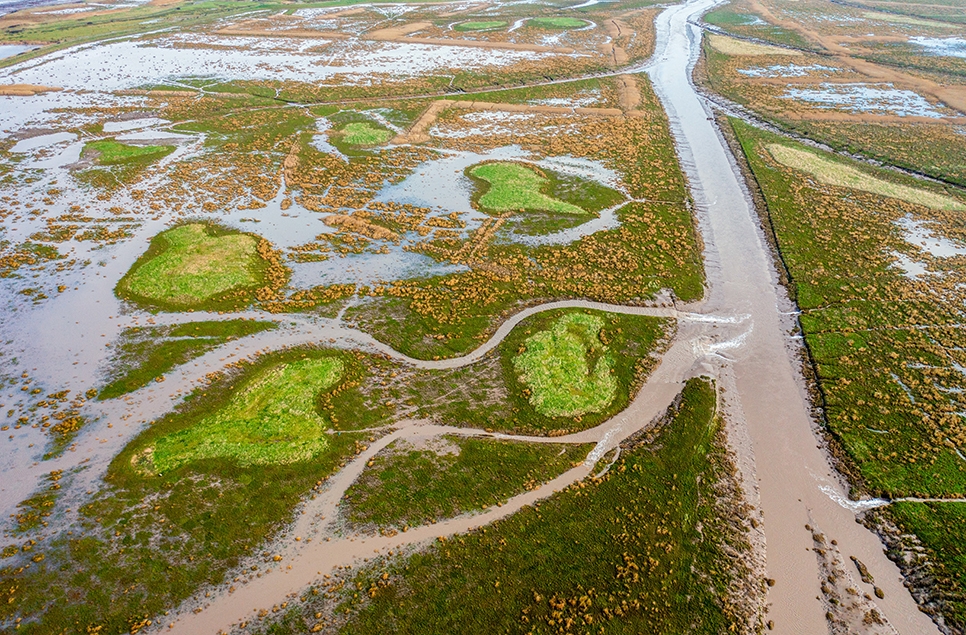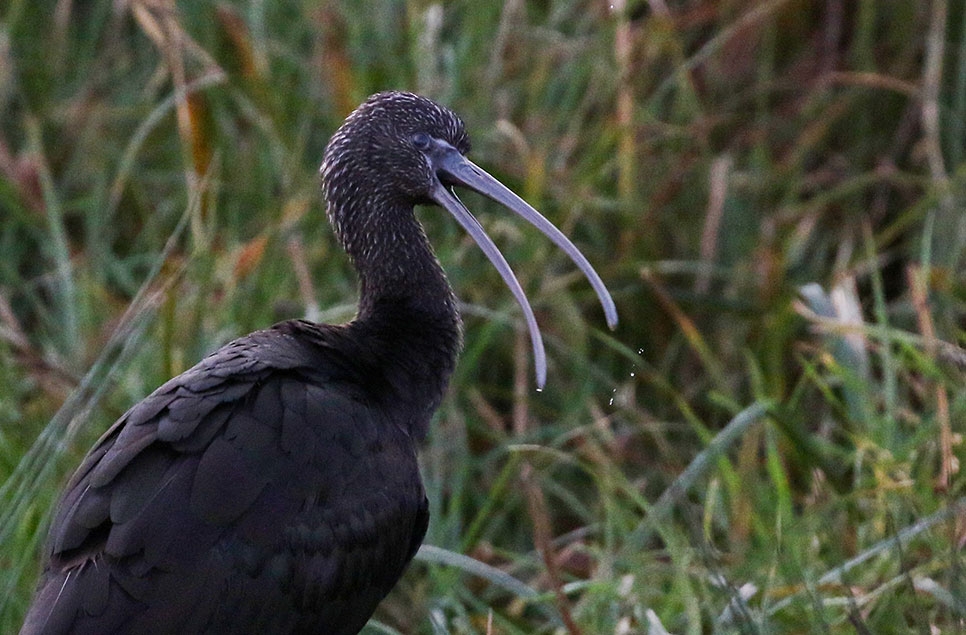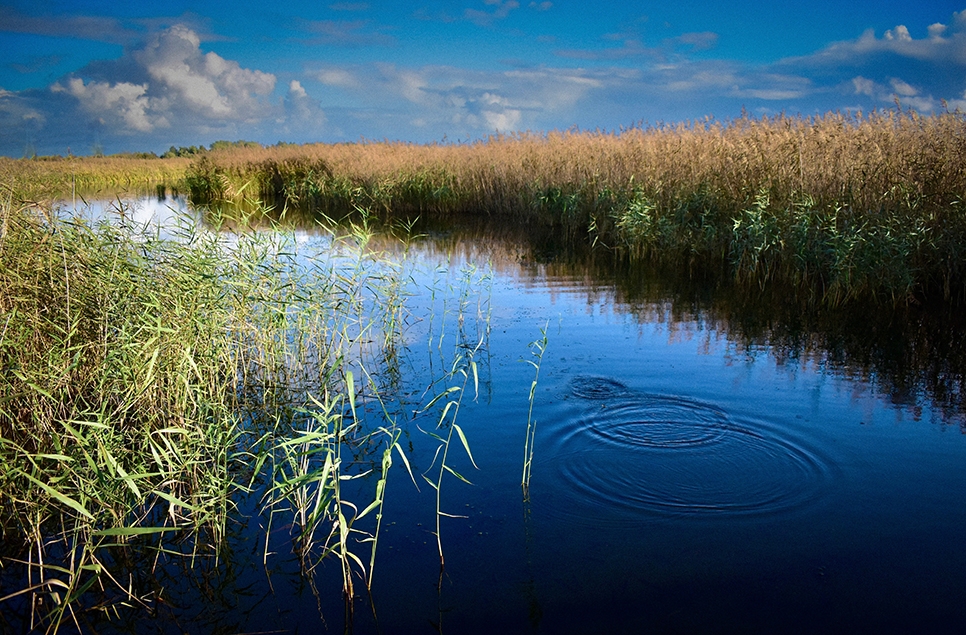A prescription for loneliness
Loneliness is at an all-time high. What part can our blue spaces play in providing a solution to this invisible epidemic?
Loneliness is one of the biggest challenges of our time, affecting people of all ages and backgrounds. The situation has, of course, been made worse by the global pandemic, with more of us than ever being affected. According to the ONS since spring 2020, when the first national lockdown began, levels of loneliness in the UK have increased, from 5% feeling lonely ‘often’ and ‘always’ to 7.2%. This is the equivalent of 3.7 million adults.
Loneliness is more than just a sense of isolation. It’s associated with 26% increased mortality risk. It’s as bad for you as smoking, worse for you than obesity and increases your risk of dementia.
There’s an economic impact to loneliness too. Researchers from the London School of Economics estimate that the UK’s epidemic of loneliness costs £6,000 per person in health costs and pressure on local services. There are various tools in place to help tackle loneliness within our society, but emerging as one of the most effective is social prescribing.

Reconnecting people
Social prescribing involves referring (or self-referring) patients to non-clinical support and activities in the community. It can help people with issues such as loneliness, anxiety, obesity, smoking and poor mental health.
The government already recognises the importance of this effective, low cost intervention and have included it as part of its Long Term Plan for the NHS. Committing to an increase in numbers of social prescribing link workers to help address loneliness and isolation.
Social prescribing works at its best when it looks closely at an individual's needs, hopes, interests and goals. In this way, it helps reconnect people back into their communities, which research shows is critical to effectively tackling loneliness.

Blue spaces
At WWT we know that being out in nature makes you feel better. And it’s not just a hunch. Our research shows that just 10 minutes spent in blue spaces can have a beneficial effect and YouGov polling for the Mental Health Foundation found that being near lakes, rivers and the sea – ahead of time spent in gardens, parks and the countryside – was rated the highest by people in terms of having a positive impact on their mental health.
But nature isn’t always easy to access. So, along with the Mental Health Foundation, we have developed the Blue Prescribing Project. These nature-based health programmes enable people to be active, take notice of wildlife and connect with other people in wetland settings. Bringing together the benefits of spending time near water and being with like-minded people packs a powerful punch.
“Loneliness when not self-isolation is likely to have resulted from the loss of social connections and vital relationships,” explains Abimbola Junaid of the Mental Health Foundation. “The peer to peer setting deeply embedded on the Blue Prescribing Project is vital, alongside the wetland activities. It helps reduce feelings of loneliness when people can develop skills in a safe space, as well as build new connections, and in some cases rekindle old ones,” she says.

Along with health and social improvements, the project aims to help change public attitudes so that nature is recognised as an essential part of the health and wellbeing of not only individuals, but society as a whole. This will in turn encourage people to adopt more environmentally friendly behaviours and support their local green and blue spaces.
Last year we began The Blue Prescribing courses at WWT Steart Marshes and WWT London Wetland Centre. We also developed an online nature-based, mental health self-management course. If you or someone you know are experiencing mental or emotional ill health, loneliness, or difficulties finding meaningful social connection, and live somewhere with little access to nature, these free programmes could help you reconnect to the natural world, meet other like-minded people and improve your wellbeing.
Find out more


